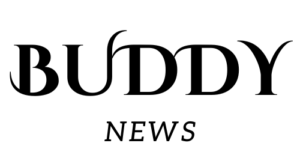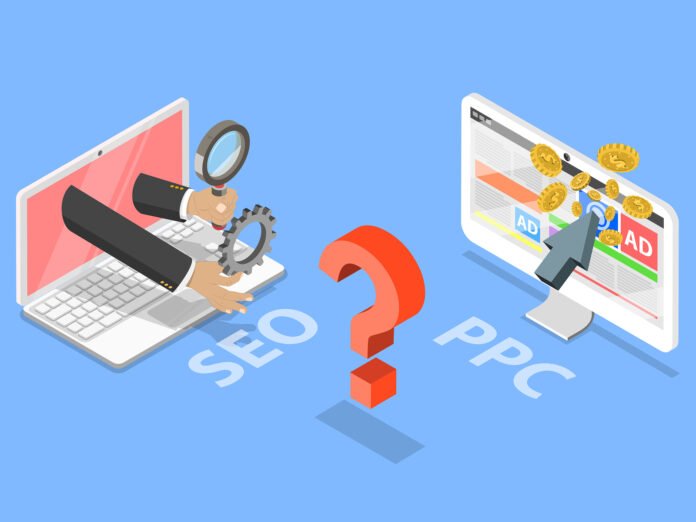In the ever-evolving digital marketing landscape, businesses face the dilemma of choosing between Pay-Per-Click (PPC) and Search Engine Optimization (SEO). Both strategies hold distinct advantages, but a crucial consideration for marketers is measurability and quantifiability. Let’s delve into the metrics, challenges, and human elements associated with these two powerhouse approaches.
In the vast realm of digital marketing, PPC and SEO stand as stalwarts, each with unique merits. Measurability and quantifiability are pivotal aspects that can sway the decision-making process for businesses seeking adequate online visibility.
Definition of PPC and SEO
PPC involves advertisers paying a fee each time their ad is clicked, ensuring immediate visibility. On the other hand, SEO revolves around optimizing a website to rank higher in organic search results, fostering long-term visibility.
Importance of Measurability and Quantifiability
The ability to measure and quantify results is paramount in assessing the success of any digital marketing strategy. For businesses, it’s not just about having an online presence; it’s about understanding the impact of that presence on their bottom line.
Measuring Success in PPC
Key Metrics in PPC
1. Click-Through Rate (CTR)
CTR measures the percentage of people who click on an ad after seeing it. A high CTR indicates effective ad copy and targeting.
2. Cost Per Click (CPC)
CPC reflects the cost an advertiser pays for each click. Managing CPC is crucial to optimize budget allocation and maximize ROI.
3. Conversion Rate
Conversion rate measures the percentage of clicks that result in a desired action, such as a purchase or sign-up. It’s a critical metric for assessing campaign effectiveness.
Tools for PPC Analytics
1. Google Ads Dashboard
Google Ads provides a comprehensive dashboard for tracking key metrics, allowing advertisers to make real-time adjustments to their campaigns.
2. Analytics Platforms
Third-party analytics tools offer additional insights, helping businesses refine their PPC strategies for better results.
Explore our top-notch PPC services to boost your online visibility and drive measurable results.
Quantifying SEO Performance
Organic Traffic Metrics
1. Organic Traffic Volume
The volume of organic traffic indicates the effectiveness of SEO efforts in driving visitors to a website without paid promotions.
2. Keyword Rankings
Tracking keyword rankings is essential for evaluating SEO success. Higher rankings lead to increased visibility and organic traffic.
3. Bounce Rate
Bounce rate measures the percentage of visitors who leave a website without engaging further. A lower bounce rate signifies better user engagement.
SEO Analytics Tools
1. Google Analytics
Google Analytics is a robust tool for monitoring organic traffic, user behavior, and the overall performance of an SEO strategy.
2. Ahrefs
Ahrefs provides valuable insights into backlinks, keyword competitiveness, and overall domain authority, aiding in comprehensive SEO analysis.
Perplexity in SEO and PPC
Challenges in Measuring SEO Success
1. Algorithm Changes
Search engine algorithms are dynamic, making it challenging to predict and measure the impact of sudden changes on SEO performance.
2. Long-Term Nature of SEO
Unlike PPC, SEO results take time to materialize, requiring patience and a long-term perspective for accurate measurement.
PPC Perplexities
1. Ad Fatigue
Over time, audiences may become less responsive to the same ad, leading to ad fatigue and a decline in performance.
2. Market Saturation
In highly competitive markets, PPC campaigns can face saturation, reducing the effectiveness of paid advertising.
Burstiness in PPC and SEO
Rapid Impact of PPC Campaigns
1. Immediate Visibility
PPC provides instant visibility, making it ideal for promoting time-sensitive offers or responding to current trends.
2. Controlled Budget Allocation
Advertisers have precise control over budget allocation in PPC, ensuring efficient use of resources for maximum impact.
Gradual Impact of SEO Efforts
1. Cumulative Effect Over Time
SEO efforts may take time to show results, but the cumulative effect can lead to sustained, organic visibility.
2. Long-Term Brand Building
SEO contributes to long-term brand building, establishing credibility and trust among users over time.
Balancing PPC and SEO Strategies
Integrated Digital Marketing Approach
A balanced approach that combines the strengths of both PPC and SEO can create a holistic digital marketing strategy.
Synergies Between PPC and SEO
Integrating PPC and SEO efforts can enhance overall online visibility. For example, using PPC data to inform SEO keyword strategies.
The Human Element in Measuring Success
Importance of Human Analysis
1. Interpreting Data
Data alone does not tell the whole story. Human analysis is crucial for interpreting metrics and making informed decisions.
2. Adapting Strategies
Humans bring adaptability, enabling marketers to pivot strategies based on changing market dynamics and consumer behavior.
Contextualizing Measurability
Industry-Specific Considerations
Measuring success should consider industry-specific factors, as different businesses may prioritize various metrics based on their goals.
Setting Realistic Goals
Establishing realistic goals aligns expectations, ensuring that the chosen metrics reflect the broader business objectives.
Active Voice in Digital Marketing
Role of Proactive Strategies
Active, proactive strategies in both PPC and SEO empower businesses to stay ahead in the dynamic digital landscape.
Case Studies on Effective PPC and SEO
Examining successful case studies provides valuable insights into the strategies that yield measurable and quantifiable results.
Rhetorical Questions in Strategy Formulation
Engaging the Audience with Questions
Asking thought-provoking questions engages the audience, encouraging them to contemplate the effectiveness of their current digital marketing strategies.
Encouraging Critical Thinking
Rhetorical questions stimulate critical thinking, prompting businesses to assess their approach and make necessary adjustments.
Analogies in Digital Marketing
Illustrating Concepts with Analogies
Analogies simplify complex digital marketing concepts, making them more accessible to a broader audience.
Simplifying Complex Ideas
Breaking down intricate ideas into relatable analogies helps demystify digital marketing for those less familiar with the intricacies.
Conclusion
In the dynamic world of digital marketing, the debate between PPC and SEO is not about choosing one over the other but understanding the strengths of each. Measuring success requires a nuanced approach, considering the rapid impact of PPC and the gradual yet enduring results of SEO. A synergy between these strategies, coupled with human analysis, sets the stage for a comprehensive and effective digital marketing campaign.
Also Read: HVAC SEO

